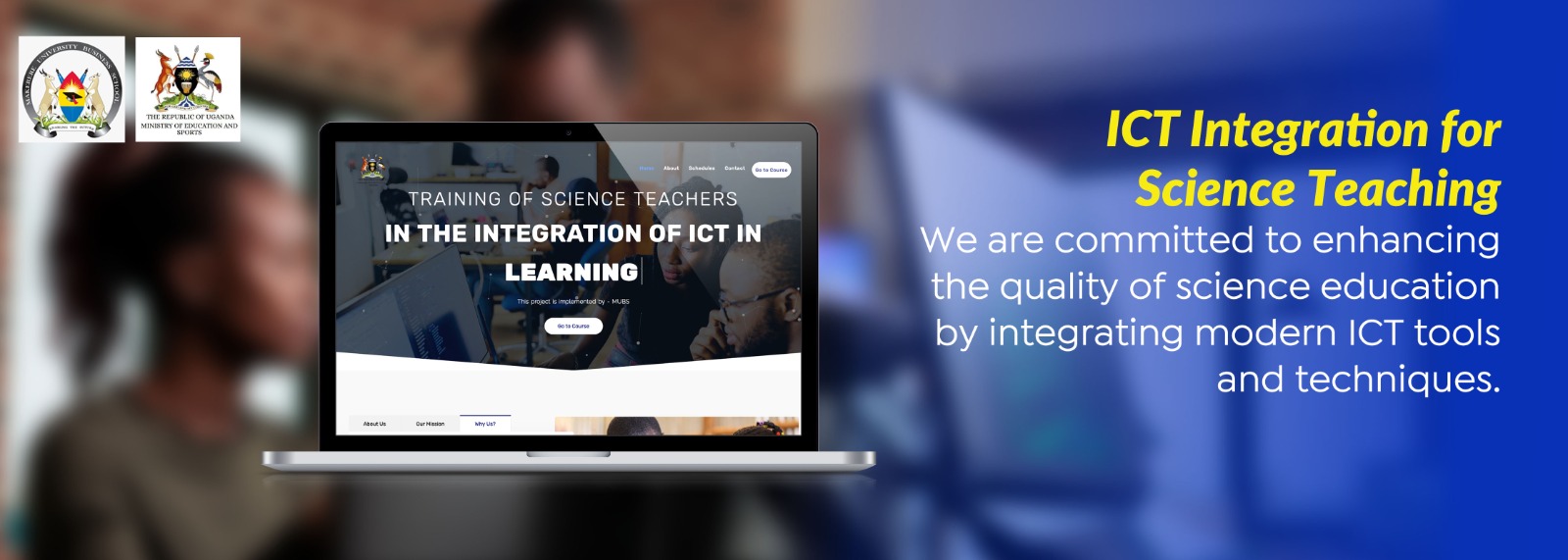
We have all heard of the notion “we are going digital” or “this is a digital era’’. Alvin Toffler strongly argues that the illiterates of the 21st century are not those who cannot read and write, but those who cannot learn, unlearn and relearn. As such, the need for teachers to continuously seek knowledge in this dynamic world cannot be understated. Teacher quality is one of the key factors for student learning. This is because Teacher professional development programs provide teachers with the knowledge and skills that are relevant and current to match the changes that have occurred in the environment and education system such as technological advancements. Currently a lot of emphasis if not all is put on formal professional learning such as workshops, training and site-based modes such as coaching and mentorship Practices. Standardised methods suffer from the one size fits all problem while the on-site ones suffer all the demerits associated with learning from a work environment. Self-directed professional development helps teachers to become lifelong learners. Therefore, Personal Learning Networks come in handy to facilitate this kind of self-directed continuous professional development. The digital era presents to science educators with a vast array of opportunities and tools to enhance their continuous learning and professional development through networked learning, in a bid to remain relevant. Individuals and institutions from different walks of life are increasingly relying on social media as their primary or complimentary source of scientific information, science education needs to adapt as well (Höttecke & Allchin, 2019). This comes along with probable challenges such as misinformation, half-truths and conflict interests in communication. This session has been specifically crafted to empower you as a science educator with the tools and resources necessary for building your own personal learning network for ongoing resources and support, ensuring you remain at the forefront of pedagogical innovation. The argument here is that being a scientifically well-informed citizen and or consumer is a function of enhanced media literacy (Höttecke & Allchin, 2019). Together, we shall explore the vast landscape of ICT, unlocking endless opportunities for ongoing support and advancement in the teaching of sciences. Special emphasis will be put on the best practices for building a personal learning network (PLN) that include but are not limited to Effective Communication, active Participation, Strategic Networking, Continuous Learning and Reflective Practice:
- Trainer: Richard Bekalaze
- Trainer: John Paul Kasse
- Trainer: Musa Sentongo
- Trainer: Samuel Ssendi

This course is intended for the cluster center coordinators to equip them with skills and knowledge in order to be competent enough to support other teachers in their clusters.
- Trainer: John Paul Kasse
- Trainer: John Paul Kasse
